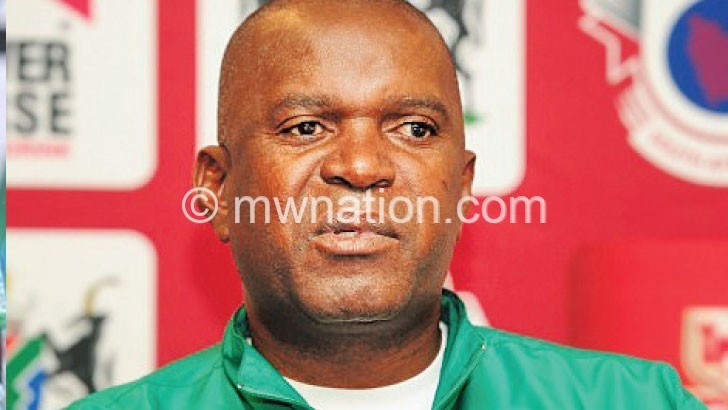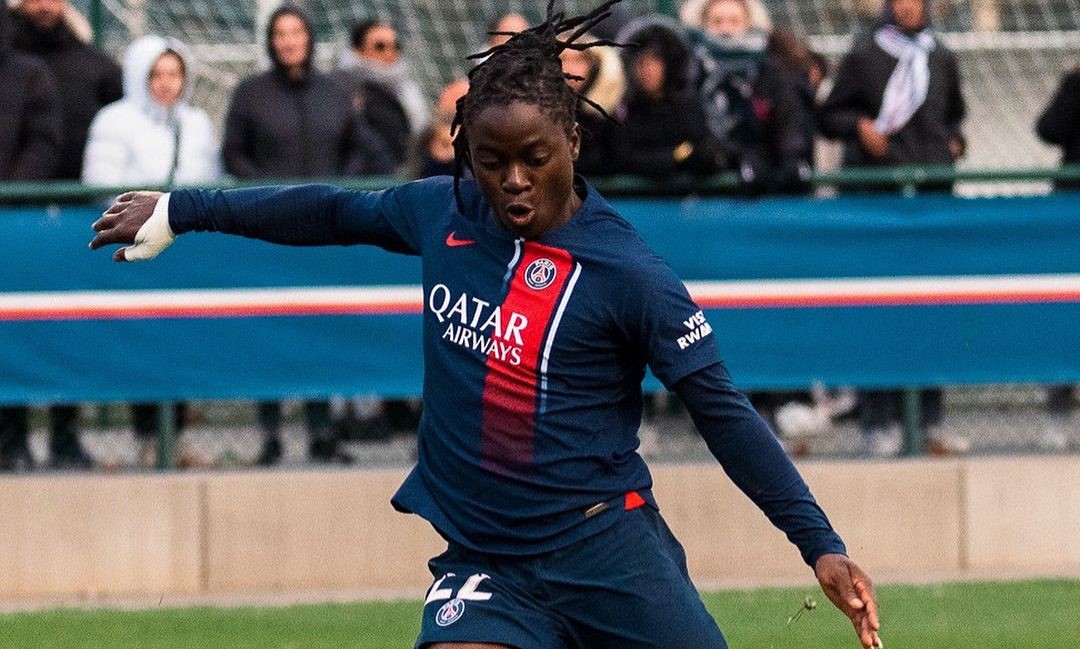Flames legends bemoan lack of proper transition
Local football legends say the Flames, ranked 124, will never reclaim their best Fifa ranking unless the issue of poor player transition is dealt with.
Former Flames defender Young Chimodzi, and striker Lawrence ‘Lule’ Waya and midfielder Peterkins Kaira, who were part of the Flames squad that attained the Fifa ranking of 53 in 1992, said they are concerned with the Flames status.
The Flames have beaten the four North African giants Morocco, Tunisia, Egypt and Algeria eight times with five of the victories coming between 1987 and 1993 when the three legends were active. The other three wins came in 1978, 2008 and 2010.
The legends also won the Council for East and Central Africa Football Associations (Cecafa) Senior Challenge Cup in 1988 and finishrd third at the All Africa Games in 1987.
Chimodzi explained that he could not believe that Malawi continues to struggle for a first appearance at Fifa World Cup finals while North African teams easily qualify for both the global showpiece and the Africa Cup of Nations (Afcon).

At the 2022 Qatar World Cup finals, Morocco went a step further to become the continent’s first side to reach the competition’s semi-final.
“During our time, we developed together as players right from the youth level up to the main team. We were groomed and prepared mentally and physically for the big stage. Playing together for a long time in the senior national team was also key to our success,” Chimodzi said.
He said it is his belief that the Flames can once again become a strong team if players develop and consistently play together from the grass roots level.
The former Flames captain said he played for the national team and clubs for over 20 years, “but nowadays some players that played for the Junior Flames at the Cosafa Under-17 Championship about five years ago can hardly be traced in the TNM Super League”.
Waya said Malawi is not doing enough to prepare the youth for the senior national team challenges and it is high time Malawi reverted to the old system of grooming talent through football competitions in primary and secondary schools.
“If you look at the players of my generation, you will note that we played together for a long time as youths in national schools competitions where we learned football basics and understood each other before being drafted into youth teams of big clubs to further sharpen our skills. We were fully matured by the time we were promoted into the main teams,” he said.
“On the contrary, today a player goes straight into the TNM Super League before properly understanding football basics. Let us ensure that the players do not jump the development stages.”
Kaira concurred with Waya that it is important for Malawi football to understand that success has no short cuts.
“In football, success comes with proper planning. However, in Malawi we rush to seek success before sitting down to plan ahead,” he said.
Football Association of Malawi president Walter Nyamilandu and Flames coach Mario Marinica yesterday admitted that there is sense in what the legends are saying.
Nyamilandu said: “Our counterparts in North Africa have significantly invested into both grass roots and elite football over the years. They are now reaping the fruits of their investment. This is in sharp contrast to our plight, where we lost sponsorship for clubs and support for youth football.”
Marinica said the causes of the Flames failure to reclaim their lost steam are more complex than meets the eye.
He said Morocco’s excellent performance and improved status, for instance, are not a result of “sheer luck and grit but expertise, good planning and years of investment”.
The Romanian said: “Morocco FA, under their King’s[Mohammed V1] blessings, have in the last decade invested in eight Fifa approved pitches and five-star hotels and have built a climate-controlled indoor facility. Infrastructure is well developed.
“Apart from that, a lot of Morocco players were born abroad, including their head coach, who played and earned his coaching badges in France. Pretty impressive right? From childhood, they were trained in Europe where they also play football at top level. Moroccan clubs have also won African Champions League titles as well as the Confederation Cup.”
However, the Flames coach said he truly believes that Malawi might ably achieve something great much sooner.
“We have a great attitude towards hard work and resilience. That, combined with an extremely modern football philosophy and a clear strategy in selection criteria, we are good to go.
The Flames have played against Morocco 11 times in all competitions, winning once in an Afcon qualifier 1-0 away in 1993, losing seven times and drawing thrice.
They have played against Egypt 10 times, winning thrice: 2-1 in 1987, 1-0 in 1992 and 1-0 in 2008, drawing twice and losing five times.
The Flames played have played seven times, winning 3-2 in 1987 and 1-0 in 1989. These were followed by three defeats and two draws while in eight matches against Algeria, the Flames have won twice (2-1 in 1978 and 3-0 in 2010). They have lost five times and drawn once.






One Comment